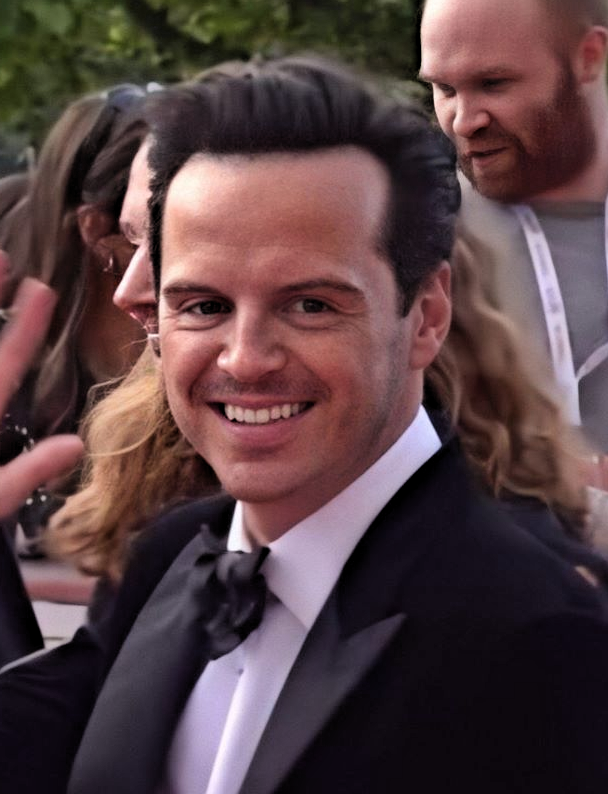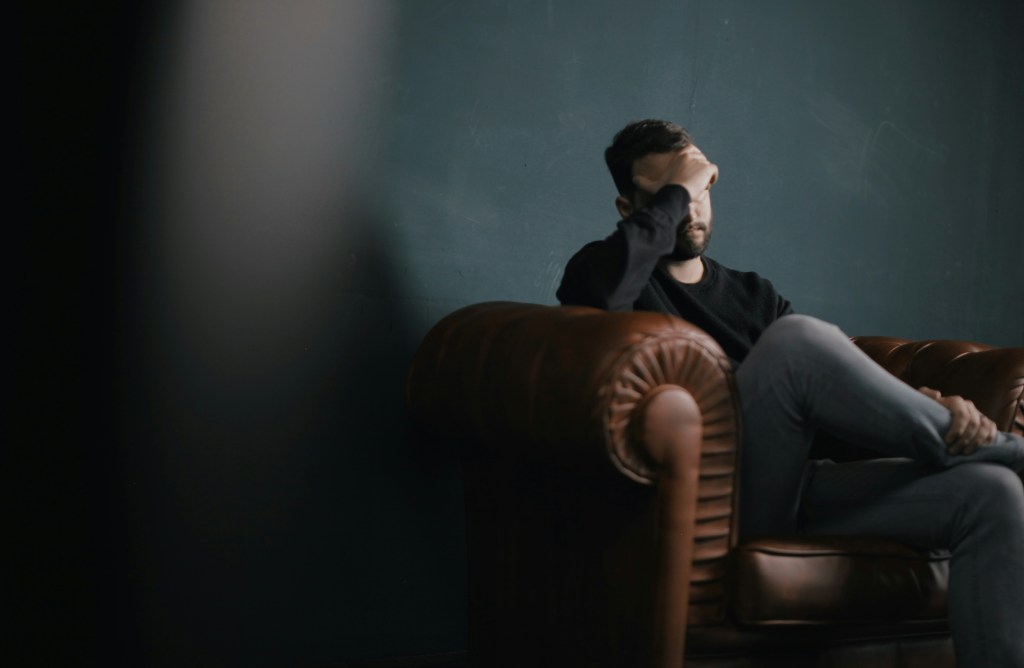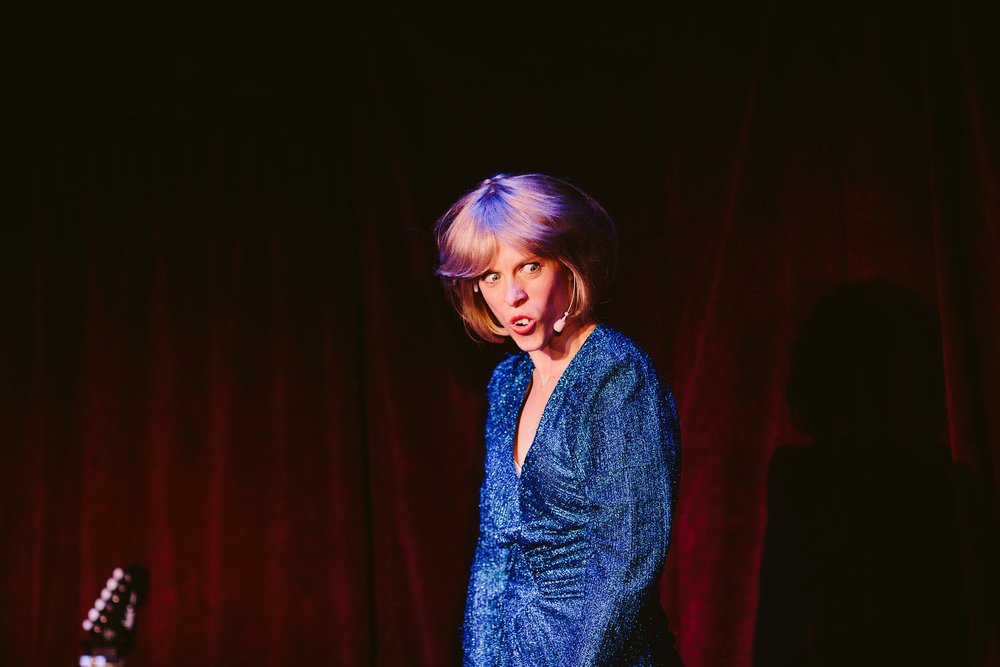Working actors face mounting pressure as self-taping auditions become the norm, even for live theatrical performances. Once a necessity under the oppression of COVID-19, presenting high-quality, self-produced videos is now an assumed part of the casting process. Agents and actors also report they rarely hear back from casting directors in a timely fashion, which impacts actors’ mental health.
The trend has sparked outrage internationally, and many Hollywood heavyweights have criticised it, including Olivia Colman and Andrew Scott. ‘It’s horrific,’ Andrew Scott told Interview magazine. Colman and Scott are lucky to have established a foothold in the industry before the trend became ubiquitous. ‘I wouldn’t have gotten where I am if I’d had to do self-tapes,’ Colman added.
The rise in self-taped auditions has created a marketplace for studio space, technical equipment, and directors or camera operators. A Los Angeles casting office faced backlash when it began renting out its studio space (with editing and technical support) for $130 an hour. Such practices are moderately commonplace in Australia, with entire courses and workshops devoted to professional development in self-taping. It means a higher cost and a barrier to entry for emerging actors in particular.

Self-taped auditions for theatre performances criticised
For many theatre companies, self-taped auditions have become normalised. It ensures a level of convenience for casting directors. It also usually means the company is able to see more actors than it may otherwise. But theatrical actors are pushing against the trend.
‘I shouldn’t have to fork out $1600 to learn how to turn over a tape quickly rather than invest time into letting my in-person skills shine in front of a panel,’ one emerging actor tells ArtsHub. Having gone to university for several years to receive specialised training in live performance, it strikes many as backward to be judged on skills for the camera.
In-person auditions mean capturing skills essential for cast ensemble and relationship building. ‘A large part seems to be, “are you easy to work with?”,’ the actor continues. ‘I just feel like we lose that … most casting agents don’t watch the full tape, but in person you can stand out. It’s why you end up with a closed circle of actors who get the gigs.’ With established actors already carrying a reputation and body of work, emerging actors are less likely to be able to prove themselves when only given a self-tape to shine.
‘I can’t help but feel that producers once again come out on top,’ says comedian and actor Ell Sachs. Her work is frequently physical. Sachs says the strange trend of taking something that is ‘intrinsically a body, and in-space craft to something quite isolated and digital’ is ultimately dehumanising. ‘An audition room is an excruciating place and is quite cold,’ she adds, ‘and it seems digital offers more possibilities for coldness.’
Sachs and others acknowledge how necessary self-taped auditions can be for regionally-based or disabled actors. However, many actors who spoke to ArtsHub expressed cynicism about how many of those actors made it to being cast. The administration, cost and logistics involved in organising in-person rehearsals for diverse artists aren’t small, but most people agree that they guarantee a higher-quality outcome.
‘I really dislike self-tapes for child actors,’ says Grace Sankey, who makes theatre with and for young people. ‘Adults can do a much better job of showing themselves authentically, but for youth it’s never the same kid on the self-tape as in the room!’
Unreasonable demands for self-taped auditions
Emma Black is a working actor in Meanjin/Brisbane. ‘I sent a self-tape for a feature the other day that was four scenes and 11 pages long!’ she tells ArtsHub. Black had three days to learn the lines completely, record the tape, edit it and send it off. ‘I love that self-tapes … allow for more people to be seen,’ she continues, ‘but it feels like a waste of everyone’s time for them to be more than a page or two.’
Actor Brie Kelly agrees. ‘A friend of mine literally got a tape this afternoon that’s due before noon tomorrow!’ she tells ArtsHub. Kelly also says actors face unreasonable pressure to ‘grab attention’ in the first few seconds of a tape or to provide multiple versions of the character.
David Pawsey works as a video producer and director, and spends a lot of time helping actors film self-tapes. Pawsey describes self-tapes as ‘draining, shallow and dehumanising’ and says the benefits outweigh the damaging impact on the actor. ‘Any ounce of benefit for the actor is quashed by terrible script excerpts, no direction and tight turnaround. I have yet to see an actor share a terribly shot phone self-test that landed them the job. Actors are going above and beyond and being diddled.’

Australia needs stronger rules for self-taped auditions
Self-taped auditions will continue as the industry norm, particularly in television and film. Last year the Screen Actors Guild included self-taping guidelines as part of its historic strike-ending agreement for actors in the US. These rules included at least 48 hours’ notice, limits of eight script pages and no memorisation of lines required. The tapes also don’t have to be filmed in quality greater than high definition. The uploading platforms for audition files must also be free to access for actors.
Australia’s Media, Entertainment and Arts Alliance (MEAA) has not updated its guidelines since February of 2022. Still, much of the industry is not keeping up with the guidelines that exist. MEAA suggests that theatre self-tapes should be provided in person except in ‘extreme circumstances’. MEAA also suggests a minimum 48-hour turnaround for all self-tapes, excluding weekends and public holidays, with the deadline stretching dependent on how many pages the actor is expected to learn. MEAA also suggests casting directors provide notification of a successful or unsuccessful audition as soon as a decision is made. In Australia, many actors wait months to learn if they’ve been awarded a role after audition.
Actors and agents are eager for casting directors to reconsider their administration of self-taped auditions. A call for humanity and care is evident.





